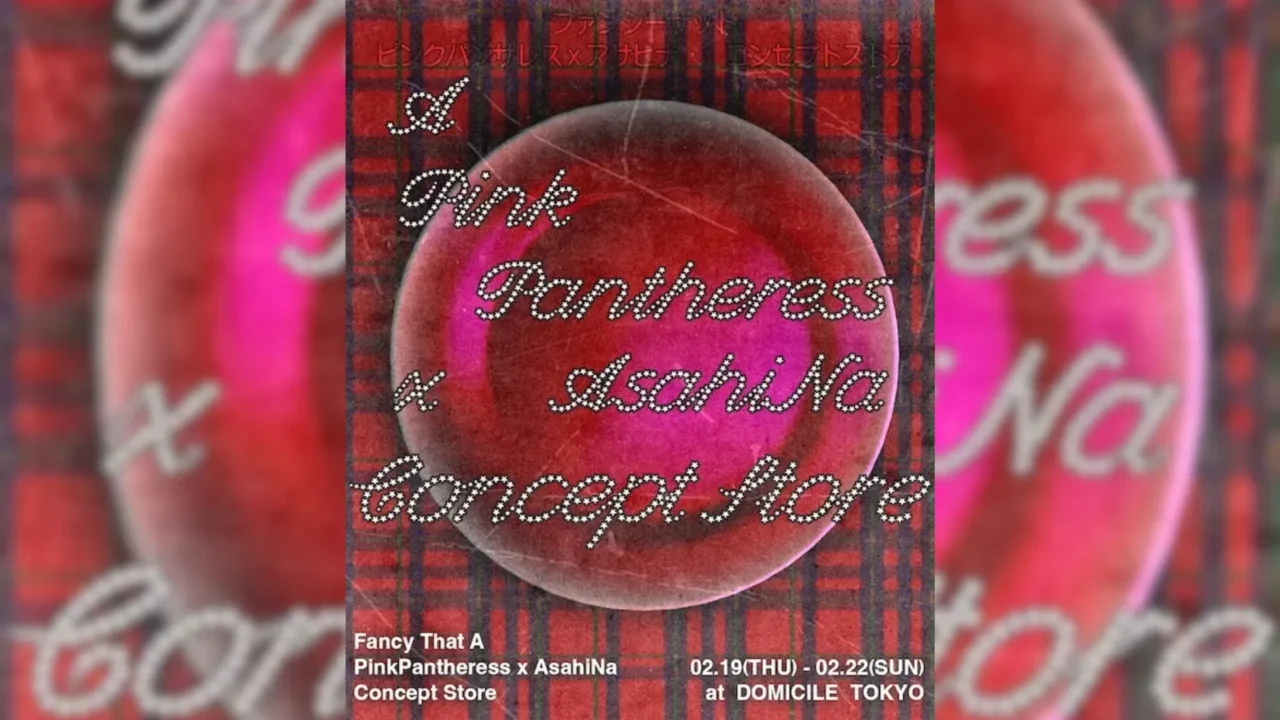INDEX
Folk Music Interpretation through Band Performance
In the Minyo Crusaders’ film ‘Bringing Minyo Back,’ there’s a scene where Tanaka says “Minyo is dead” during an MC at a live show in Europe. Can you explain the true meaning behind this statement?
Tanaka: People around me questioned this expression, and it is indeed quite a bold statement [laughs]. I wanted to succinctly express what we were trying to achieve on stage abroad, and personally, I’ve also enjoyed playing with the idea of replacing conventional music phrases with “Minyo” [laughs].
So it’s similar to the feeling of “Punk is dead”?
Osawa: It’s not meant to be taken as a serious statement, right?
Tanaka: Exactly, it’s not serious at all. I hoped that by using such expressions, it would provoke thought about folk music.
Freddy, what did you think when you heard those words?
Freddy: I don’t believe that “Minyo is dead,” and I have a completely different perspective. However, it is a striking phrase. For people who haven’t really thought about folk music, it might seem like a dead genre to them.
As we discussed earlier, the situation is changing. People are starting to enjoy folk music more openly. What was once seen as a niche interest for some in the folk music world is gradually becoming “everyone’s” music again. I just want people to get to know folk music. I’m willing to do whatever it takes to make that happen.

I believe that Minyo Crusaders have been restoring an environment where folk music is enjoyed in daily life through their live performances. This is exactly what Heemoon and Seon-teck are doing with OBSG as well, isn’t it?
Lee Heemoon: Yes, I think that’s true. However, personally, I have a lot of things I want to express. Beyond music, I have strong intentions regarding visuals and other aspects, which are based on my personal desires. So, while the band draws inspiration from traditional elements, on a personal level, I have a desire to “throw a fuck at the world.”

Whether it’s SsingSsing or OBSG, it seems that your personal desires are at the core.
Lee Heemoon: That’s right. Many bands in Korea that approach folk music or pansori use traditional instruments, but I think “as long as my voice is based on tradition, that’s enough.”
How about you, Seon-teck?
Noh Seon-teck: I’m neither a folk music expert nor a researcher; I’m just a musician. From that perspective, what OBSG is doing is not folk music itself, but rather a new form of pop music through folk music. I don’t have a sense of mission like Heemoon.
Lee Heemoon: Well, I don’t have a sense of mission either [laughs].
Is that so? As Freddie mentioned earlier, there doesn’t seem to be a strong sense of wanting everyone to know the greatness of folk music?
Lee Heemoon: Of course, I do have that awareness. However, the stronger feeling I have is “wanting to share the enjoyment of folk music.” OBSG is more of a “fun project” for me. As both a frontman and a director, I want to create performances where the individuality of all ten members is properly conveyed.
In a previous interview with NiEW, you mentioned that you continued to create works that explore “why you keep doing traditional music in this era” as a way to search for answers. Have you found that answer?
Lee Heemoon: In Korea, there is a term called “Palja” (팔자), which is derived from the Four Pillars of Destiny and means “fate.” It refers to a predetermined destiny from the moment of birth. In that sense, I believe that doing traditional music is my Palja.



























